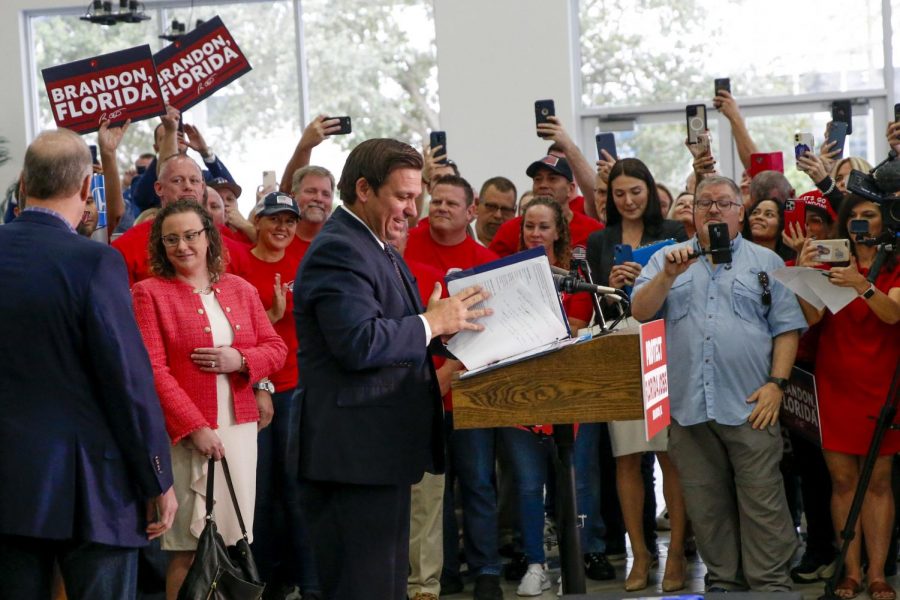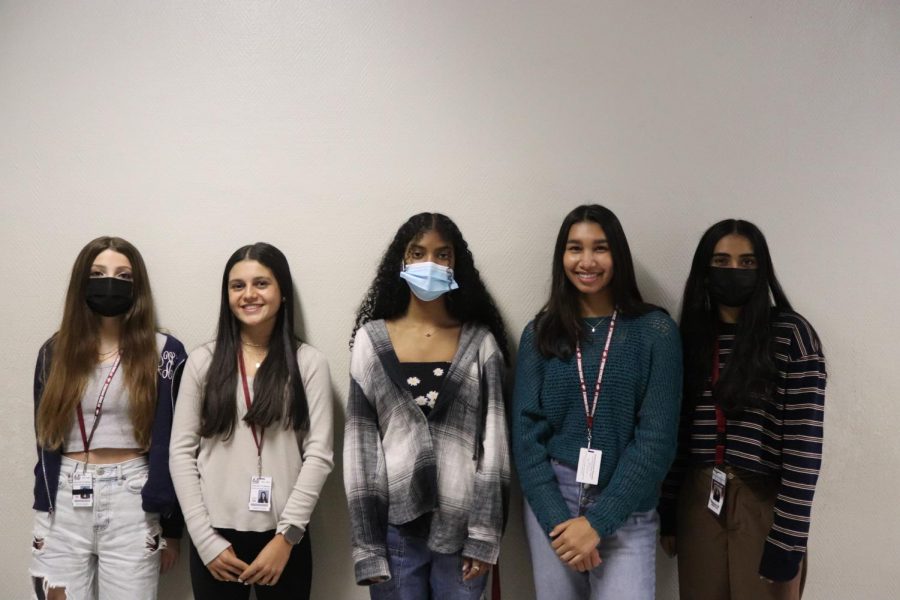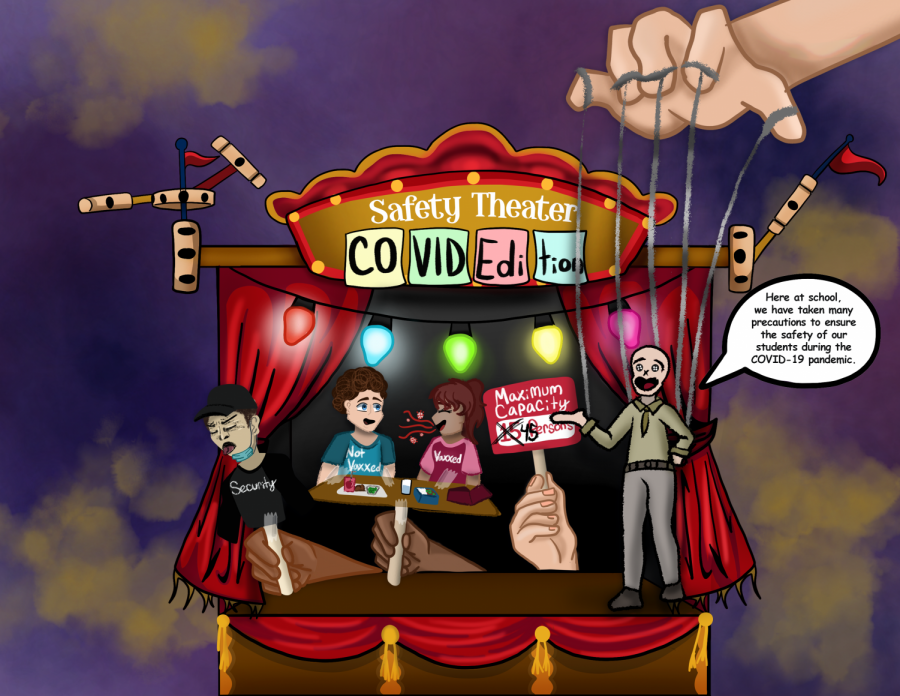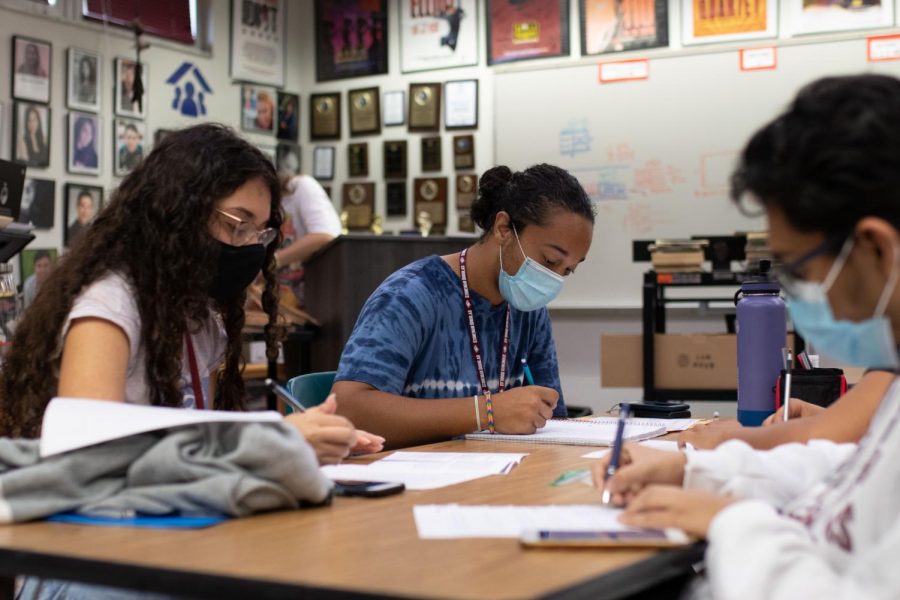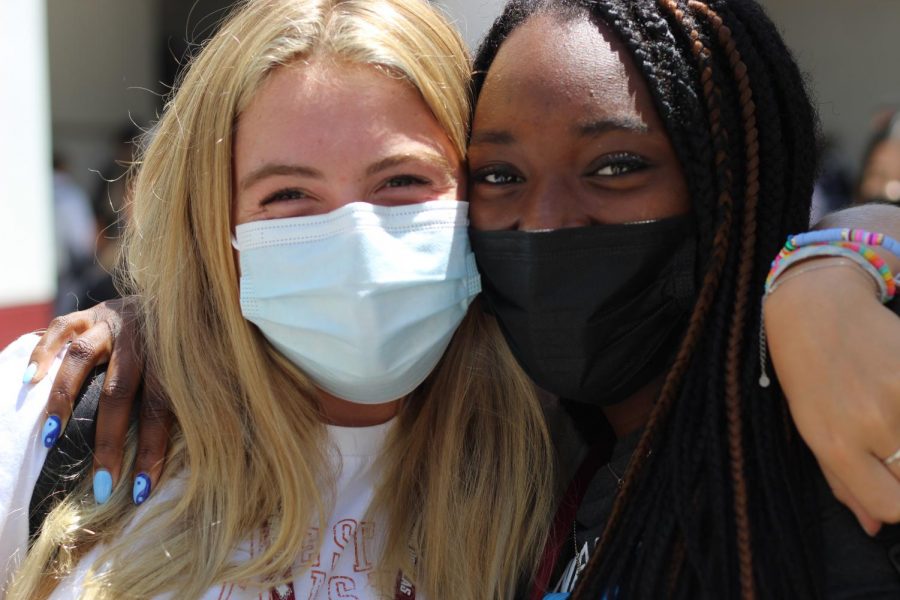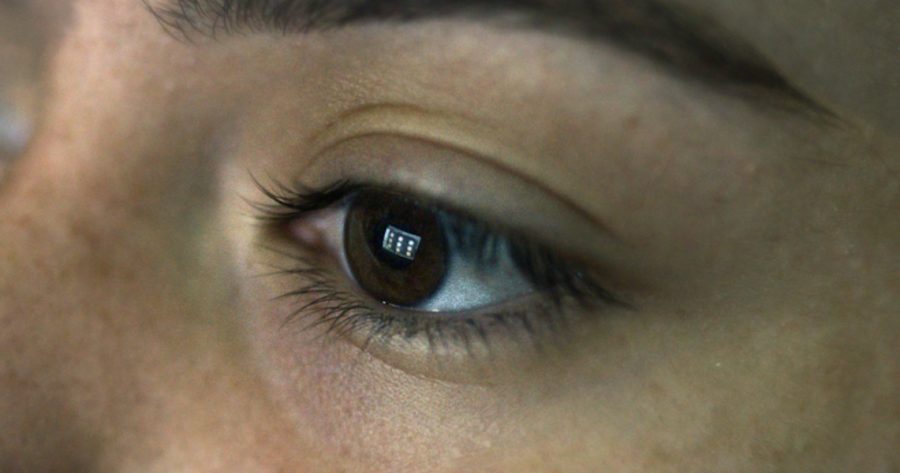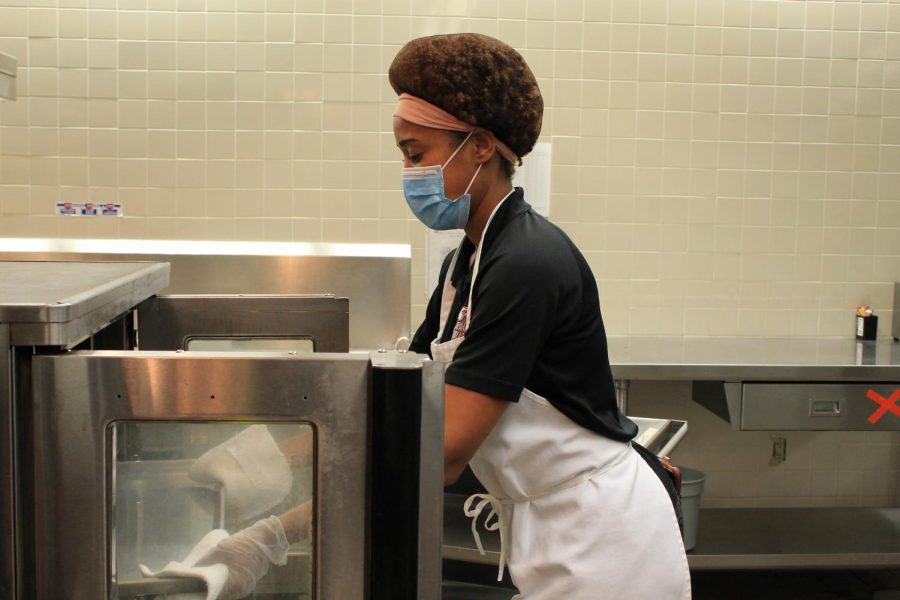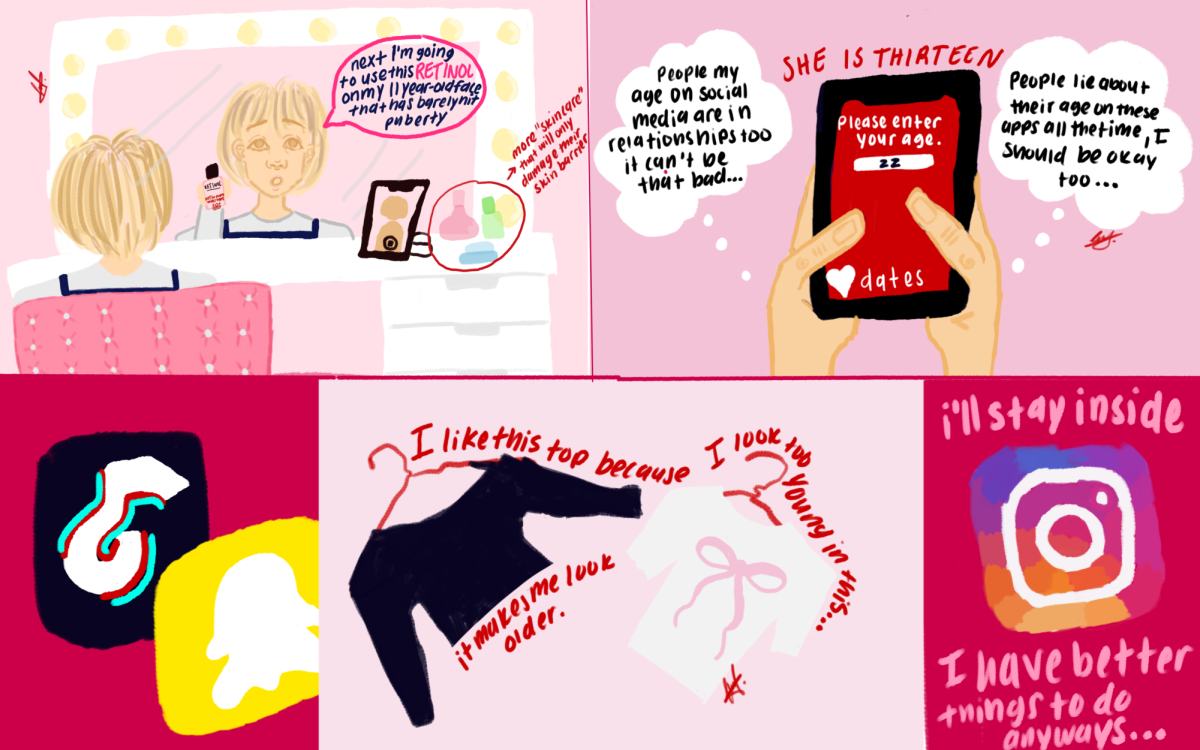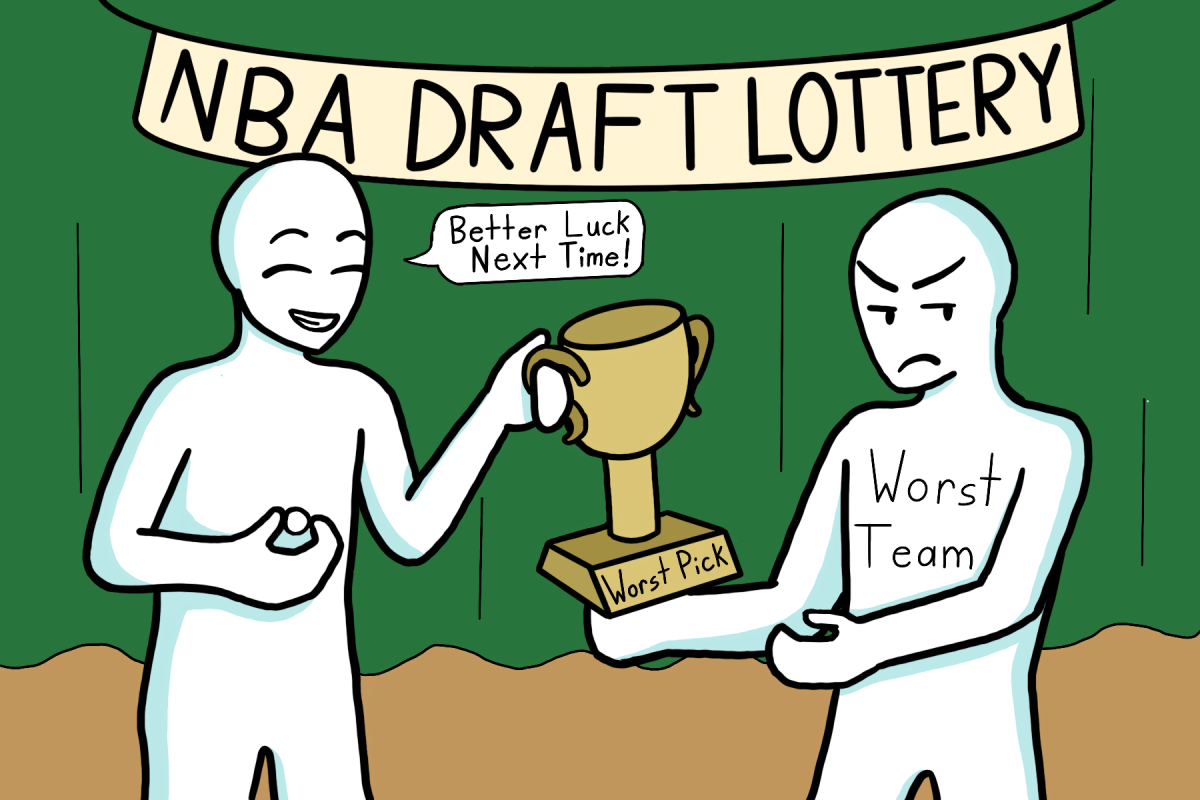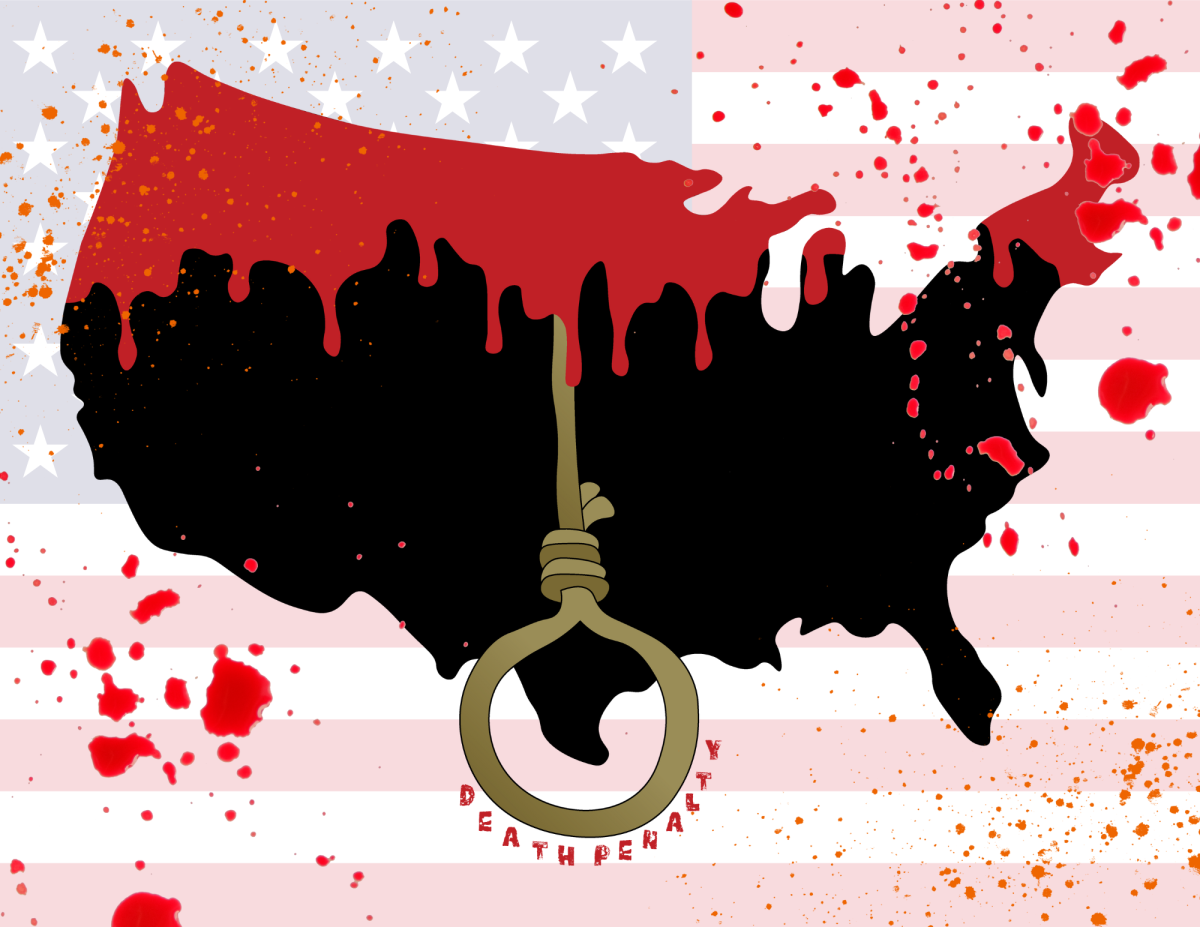
With the enforcement of social distancing measures throughout the United States and other countries due to COVID-19, some individuals cannot bear the social isolation that has followed.
Social distancing is defined by the American Red Cross as “deliberately increasing the physical space between people to avoid spreading illness.” In such a connected world, these restrictions seem almost unbearable, especially for the more sociable and younger generations.
Some have accused Millennials and Gen Z, all of which were born after 1980, of failing to comply with government regulations for social distancing amid the coronavirus pandemic. With the continuous cancellations of certain events such as graduation ceremonies, concerts, and parties, all the media outlets older generations listen to are solely reporting the complaining or complete disregard of the dangers by their younger counterparts.
A majority of these implementations were placed during the beginning of spring break for many universities and school districts. Beaches across Florida and other states were flooded with spring breakers despite these precautions and warnings, leading older generations to perceive Gen Z as people lacking seriousness for the pandemic. In an editorial written by Meghan Murphy published in the Spectator, she commented that “they’d rather party on spring break than save grandma,” in regards to the behaviors of Millenials during this time.
Even so, not all young people are disregarding these measures as much as government officials and older generations may believe. These generations are not as young as they are perceived, as many hold important job positions and important familial responsibilities that have been disrupted since the COVID-19 outbreak.
Numerous members of the younger generations are pushing their inconsiderate peers to stay home in hopes of regaining normalcy. Many of which would like to return to college, continue working and provide for their families as soon as possible.
By encouraging friends to participate in online gatherings as a substitute to in-person meetups, thousands of younger citizens have helped strengthen social distancing efforts. In addition, “flatten the curve” has been used as a common phrase on social media by medical personnel to encourage social distancing and the necessity of it. The motto is also used to prevent overwhelming demand at local hospitals and the overall spread of coronavirus.
According to a poll conducted by the Morning Consult, 15% of Baby Boomers and Gen X are continuing to socialize in public spaces; however, their numbers are equal to the Millenial and Gen Z population. Why point the blame to others when your peers are doing just as much damage? Although the poll was conducted in mid-March, huge increases in cases throughout the country since then have decreased the number of individuals venturing outside.
As the days progress, the devastation experienced by other countries weeks prior has become a reality in major United States cities and their hospitals. The mindset of “it won’t happen to us” has begun to disappear nationwide.
One worry all Americans, no matter the age, are concerned about is the uncertainty of life after the coronavirus. Especially with the instability of the stock market and major loss of jobs throughout the country, it’s difficult to find a light at the end of the never-ending tunnel.
An entire demographic should not be blamed for the lack of compliance, instead, those who are ignorant and selfish enough to believe they hold immunity to this virus should be the ones held accountable. As new information sheds light on the devastation the virus has left overseas, it solidifies the fact that COVID-19 will continue to take the lives of thousands through each passing day unless everyone plays their part.

